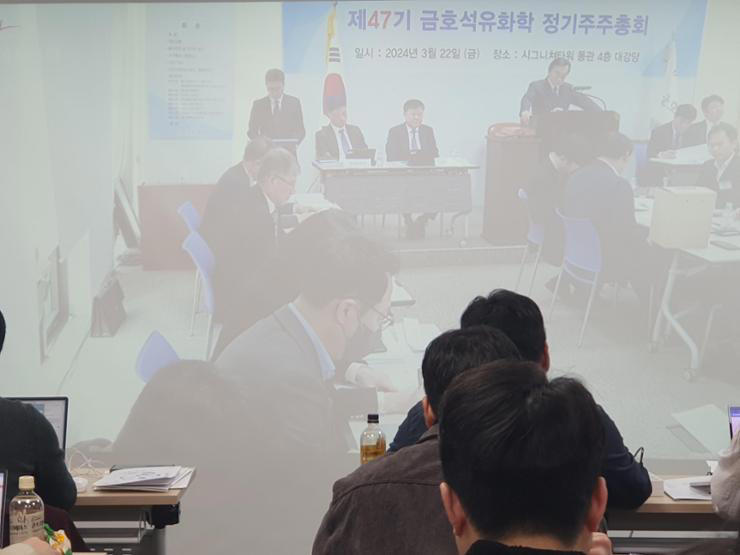The decline in shareholder activism in Korea, particularly in influencing corporate governance decisions, is a notable departure from expectations set by the government’s Corporate Value-up Program. Despite efforts to enhance transparency and shareholder influence, retail investors have largely refrained from supporting shareholder activists in challenging management decisions during annual shareholders’ meetings.
One of the main reasons for this trend is the perceived aggressive and radical nature of shareholder activism by retail investors. Instead, they seem to prefer moderate reforms initiated by management, viewing shareholder activists as unreliable representatives of their interests. This sentiment was echoed by Kim Kyu-shik, chairman of the Korean Corporate Governance Forum, who highlighted retail investors’ preference for moderate reform over aggressive activism.
Two prominent examples of shareholder activism failing to sway retail investors are Samsung C&T and Kumho Petrochemical. In the case of Samsung C&T, despite the efforts of activist funds to cancel treasury stocks and distribute dividends, management’s proposal ultimately received approval from the majority of shareholders. Similarly, Kumho Petrochemical prevailed against former Managing Director Park Chul-wan’s attempts to expedite the cancellation of treasury stocks, with the majority of shareholders supporting the company’s stance.
One analyst cautioned against the potential drawbacks of excessive dividends, noting that they could diminish a company’s capacity to invest and erode future corporate value. This perspective suggests that retail investors may have considered the long-term implications of shareholder activism proposals before casting their votes.
Overall, the reluctance of retail investors to support shareholder activism indicates a divergence from initial expectations and highlights the complex dynamics of corporate governance in Korea’s market environment. As companies navigate shareholder pressures and seek to enhance transparency, the role of retail investors in shaping corporate decisions remains a key factor to watch in the future.
